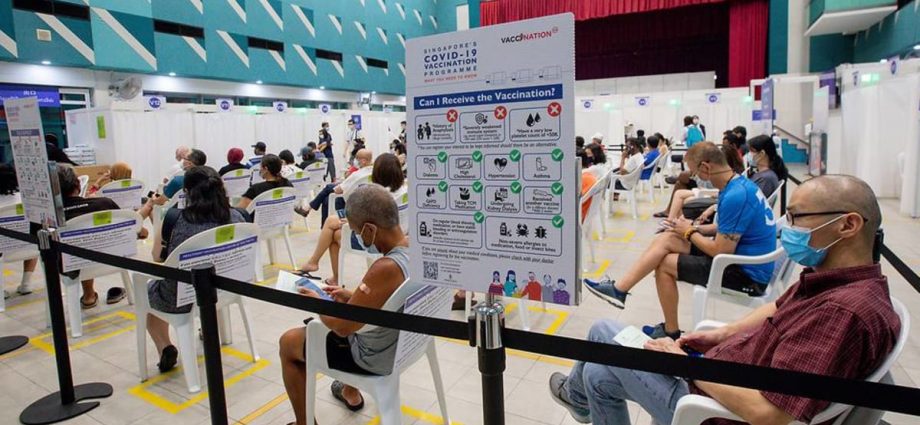
SINGAPORE: S$140 million (US$105 million). That is the value of COVID-19 vaccines acquired by Singapore that have expired.
In Parliament on Mar 21, Health Minister Ong Ye Kung called it a price Singapore was prepared to pay, an “insurance premium” against catastrophe.
Most people would agree that S$140 million is a substantial sum from a personal perspective. Critics called it a waste of taxpayer money, taking issue with the “deliberate” over-procurement.
But how large is this amount when seen from a societal perspective? And more importantly, was it worth it?
PUTTING EXPIRED VACCINES INTO PERSPECTIVE
All vaccine purchasing (as for virtually any product) is subject to wastage: Components rejected for not meeting specifications, production processes that took longer than anticipated, vials broken in transportation, and, yes, doses that expire before anyone uses them.
Vaccine needs and uptake are always a challenge, even for long-established vaccines like flu and measles. In the case of COVID-19, the uncertainties were massive, as were the potential negative consequences to health and the national economy.
Singapore, wanting to assure a steady vaccine supply for all eligible citizens amid these uncertainties, invested heavily in advance purchase agreements with vaccine producers in 2020, even before manufacturers like Pfizer-BioNTech and Moderna had completed their Phase 3 clinical trials.

